
online trust creation
In the digital age, creating trust online is essential for successful connections. From authentic communication to transparent transactions, building trust is the cornerstone of online relationships.
Estate Law New York Page 35

In the digital age, creating trust online is essential for successful connections. From authentic communication to transparent transactions, building trust is the cornerstone of online relationships.

When a loved one passes away, transferring the title of their car can feel like a daunting task. However, with the right knowledge and proper documentation, the process can be done smoothly and efficiently. Follow these steps to ensure a seamless transfer of title for the deceased owner’s vehicle.

Beneficiaries are typically notified through official correspondence such as letters or emails. This ensures proper communication and transparency in the distribution of benefits.

Applying for an EIN for a trust of a deceased individual can be a complex process. It is important to follow all necessary steps to ensure proper administration of the trust and avoid any potential legal issues.

Removing a co-owner from a house can be a complex process, but it is possible with the right approach. From negotiating a buyout to seeking a court-ordered partition sale, there are various options available to navigate this challenging situation effectively.
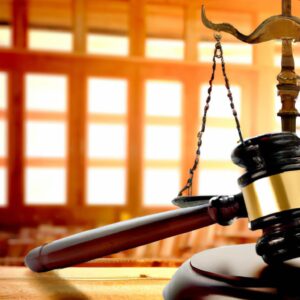
Obtaining a new deed for your house is a crucial step in ensuring proper legal ownership. Whether due to a lost document or a change in ownership, follow these simple steps to secure your new deed and protect your property rights.
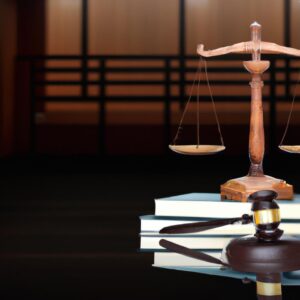
Probate fees in New York can be a labyrinth of confusion and frustration for those navigating the process. Understanding the complexities of these fees is essential for those dealing with estate settling in the Empire State.

The bloodline trust template is a unique legal tool that allows individuals to protect family assets for future generations. This innovative approach ensures that wealth remains within the bloodline, safeguarding the family legacy.

Deeds and warranty deeds are both legal documents used in real estate transactions, but they differ in the level of protection they offer to the buyer. Understanding these differences is crucial for a smooth and successful property transfer process.

Losing a loved one is hard enough, but navigating the complex process of finding their assets can be daunting. In this article, we will explore the steps you can take to locate the assets of a deceased person and ensure their estate is properly handled.

A codicil is a legal document that allows you to make changes or additions to your existing will without having to rewrite the entire document. This can be a useful tool for updating beneficiaries or assets.

When it comes to managing funds for beneficiaries, understanding the differences between a trust account and an estate account is crucial. Both serve important purposes, but it’s essential to know which is right for your unique situation.

Obtaining a copy of your home deed is a simple yet crucial process. By visiting the county recorder’s office or utilizing online resources, you can easily access this important document to provide peace of mind and assurance.
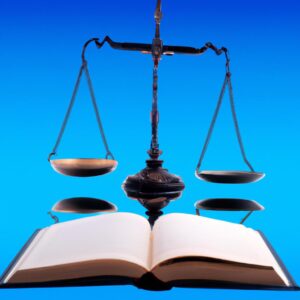
Interspousal transfer grant deeds in New York allow for seamless transfer of real estate between spouses during marriage. Learn more about how this legal tool can simplify property transfers in the Empire State.
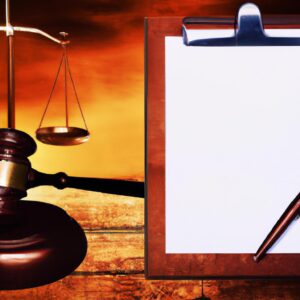
Trustwill is a new concept that combines the idea of trust and will in estate planning. By appointing a trustee to manage assets for beneficiaries, trustwill ensures that one’s wishes are carried out with transparency and accountability.

A warranty deed in real estate is a legally binding document that guarantees the title of a property is free and clear of any liens or encumbrances. This provides the buyer with peace of mind knowing they are getting a property without any hidden issues.

Are you wondering where to find the deed to your house? Look no further! Your home’s deed can typically be found at your county recorder’s office. Simply provide your property information and you’ll be on your way to holding your deed in hand. Happy home owning!

Despite popular belief, having a will does not automatically protect your assets from probate. Probate is a court-supervised process, and having a will simply outlines your wishes for your assets. Other measures may be needed to avoid probate.

Whether you’ve finally paid off your mortgage or inherited a property, obtaining the deed to a house is a significant milestone. This important legal document officially transfers ownership and is essential for anyone looking to establish their property rights. Let’s dive into the process of receiving this tangible symbol of home ownership.

Writing a will may seem like a daunting task, but it doesn’t have to break the bank. Costs can vary depending on the complexity of your estate and the attorney you choose. On average, expect to pay anywhere from $300 to $1,000 for a basic will.
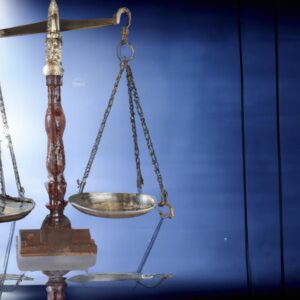
Take a step back in time and discover the artistry and elegance of a will written by hand. Each stroke of the pen carries the weight of the writer’s wishes and desires, creating a unique and personal document that will stand the test of time.

Protecting your loved ones with a will is essential, but how much does it cost in Washington state? The average price ranges from $300 to $1,000 depending on complexity. Make sure to plan ahead for peace of mind.

Deeds play a crucial role in real estate transactions, but not all deeds are the same. From warranty deeds to quitclaim deeds and special warranty deeds, each serves a specific purpose. Understanding the different types of deeds is key to ensuring clear title ownership.
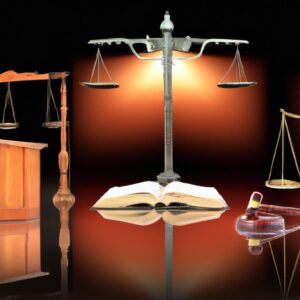
Inheritance tax on a parent’s house can be a hefty burden. To avoid it, consider gifting the property before death or setting up a trust. Consult with a financial advisor for personalized guidance.

Probate can be an expensive process, with costs varying depending on the complexity of the estate. From court fees to attorney fees, the cost for probate can add up quickly.
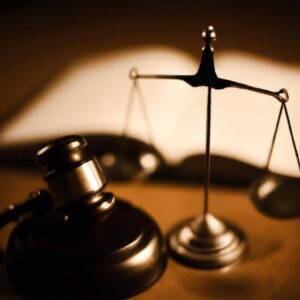
When it comes to transferring property ownership, grant deeds and quitclaim deeds are two common options. While both serve their purpose, it’s important to understand the differences between the two before making a decision.

Craft your own legacy with a DIY will kit. These simple, affordable tools empower you to designate your assets and wishes. Take control of your future today.

Have you ever wondered who is next of kin when someone dies? The answer may surprise you. Next of kin is typically determined by familial relationships, with spouses and children usually taking precedence. Learn more about this important designation.

Estate sales can be a lucrative way to declutter and make extra cash. Start by organizing your items, pricing them fairly, and advertising well to attract buyers. With a little planning, you can have a successful estate sale of your own.

Choosing a beneficiary is a crucial decision. Should it be your spouse, child, or a charitable organization? Consider their financial needs and your wishes carefully.